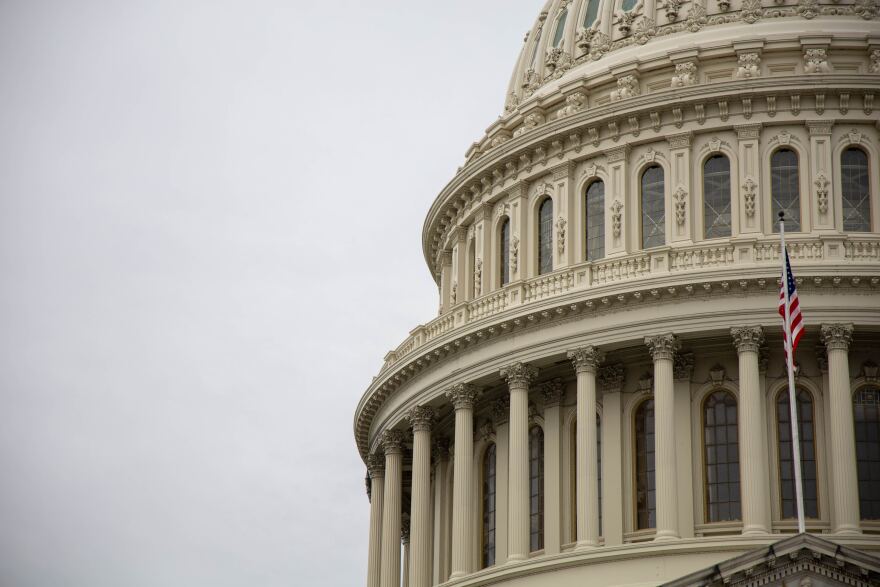Public high schools in Michigan could soon see requirements to provide at least one computer science course. That’s under legislation that passed the state House of Representatives Tuesday.
State Rep. Carol Glanville (D-Walker) sponsors the bill. She said the bill would prepare students to fill some of the high paying computing jobs open in Michigan.
“Computer science in this day and age is like a basic literacy skill, right? Far as students for not only jobs of today but also the jobs of tomorrow,” Glanville said.
The requirement would start during the 2027-2028 school year.
Rough numbers from the state cited in analysis of the bill from the non-partisan House Fiscal Agency, suggest most schools already have students taking computer science classes of some kind.
“They’re getting some of those skills but this bill will also help schools begin to really recognize where that’s happening,” Glanville said. “Then we can start doing gap analysis so that we can get them a little bit more intentionally what they need.”
Her bill passed with bipartisan support by a vote of 87-22.
Each of the no votes came from Republicans.
State Rep. Brad Paquette (R-Niles), a former teacher, raised concerns about how creating more requirements would impact schools.
“We have different mandates in terms of priority for coursework, we have different evaluation systems, we have different ways we evaluate schools, we change the laws every couple of years, and that doesn’t benefit kids,” Paquette said.
Paquette said he hopes the legislation ends up helping students. But he’d rather see lawmakers focus on legislation that would use proven best practices to address deeper issues with the state’s education system.
The bill now heads to the state Senate.


